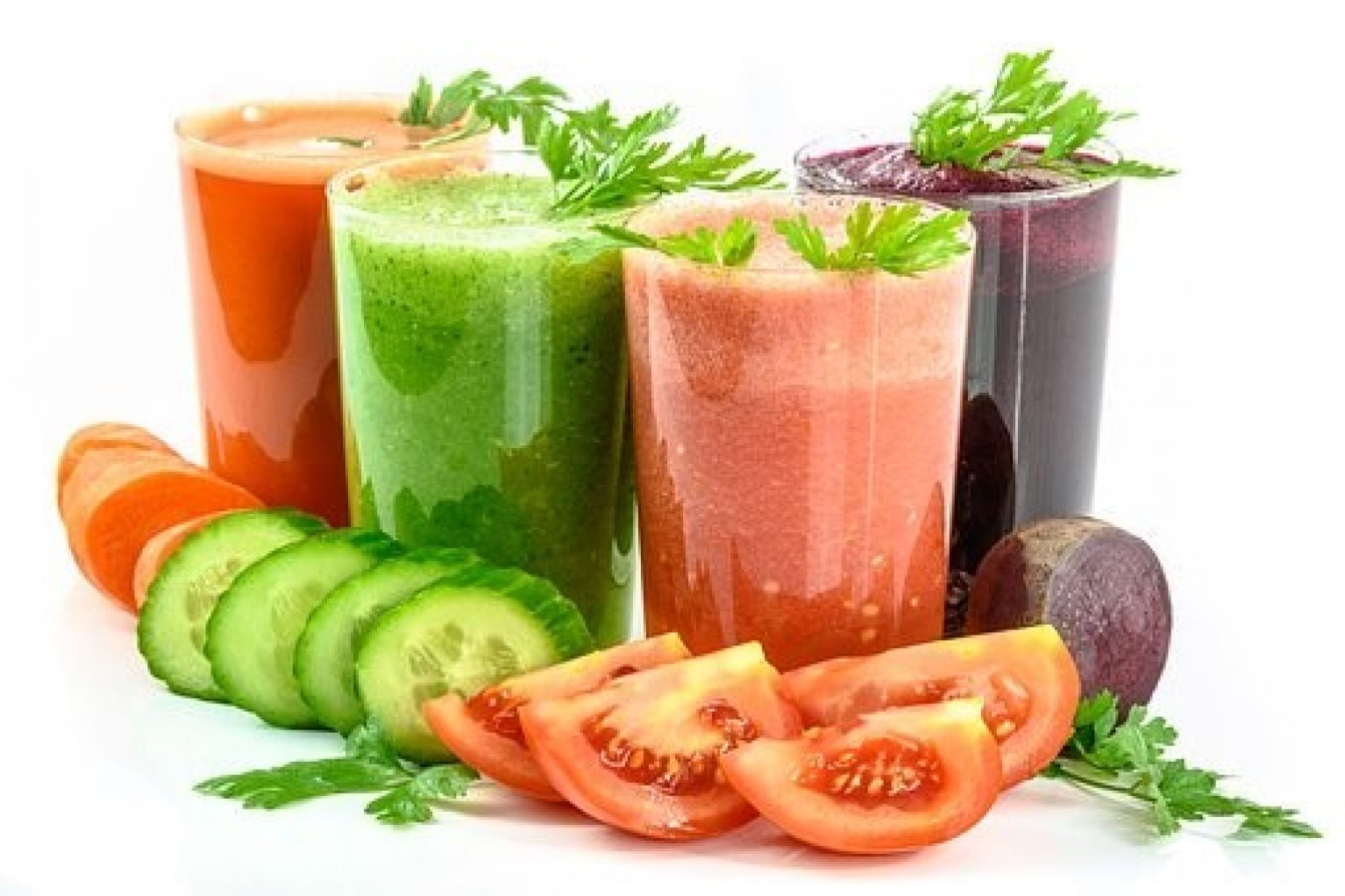Antioxidants are substances that can prevent damage to cells caused by free radicals, potentially harmful molecules that the body produces as a reaction to environmental and other pressures. Free radicals are necessary to fight infections and remove damaged cells and are neither good nor bad, but must be kept in balance by antioxidants.
Antioxidants are largely consumed in the diet, but some are also produced by the body. Well known antioxidants include vitamin C, vitamin E, and beta-carotene, but there have been approximately 4000 different flavonoids discovered thus far, which is only one type of antioxidant.
In relation to COVID-19, what do you need to know about antioxidants?
- Eat a diet high in antioxidants: Some superfoods known to be high in antioxidants include: blueberries, kale, red cabbage, spinach, pecans and other nuts (I am a huge fan of brazil nuts which contain high amount of selenium, a potent antioxidant. Caution: do not consume more than 4 per day due to risk of selenium toxicity), beans, red/purple grapes, dark chocolate, beets, carrots, sweet potatoes, artichokes. A largely plant-based diet of fresh or frozen fruits and vegetables provides a high amount of antioxidants.
- The SARS-CoV-2 virus significantly impacts the lungs. Potentially the most potent antioxidant to protect the lungs from oxidative damage is glutathione. It strongly influences the extent of lung inflammation and maintains oxidant/anti-oxidant balance. Glutathione is present in low levels in some foods and is also produced by the liver, with the rate-limiting provision of cysteine. N-acetylcysteine (NAC) administration is one way to support glutathione production. NAC has been used in hospitals for decades to treat Tylenol/acetaminophen toxicity to prevent and reverse liver damage. It is also used in the nebulized form as a mucolytic, under the trade name “Mucomyst.”
Should we consider supplementation of antioxidants?
- Vitamin C: During this pandemic, you might consider 1000mg/day. If you become ill, consider increasing to 3000-5000mg/day in divided doses.
- NAC/N-acetylcysteine: Consider 600mg 2-3 times per day. If become ill, increase the dose to 900mg 3-4 times per day.
- Glutathione: consider adding if become ill at 500mg 2-3 times per day of reduced glutathione, or 100-250mg 2-3 times per day of liposomal glutathione. Liposomal glutathione is better absorbed, but more difficult to find and about 3-5 times more costly. However, if you’re going to take it, I would recommend the better absorbed form (liposomal).
- Vitamin E: Vitamin E supplementation has had a checkered past and one particular form of vitamin E has been linked with lung cancer development. I recommend getting your vitamin E from food, which is actually very easy if you consume nuts or seeds regularly. Sunflower seeds, almonds, peanuts, pine nuts and hazelnuts are all high in vitamin E. Fatty fish also delivers a good amount of vitamin E.
- Vitamin A: per Part 1. 10,000 IU daily
Additional Articles from this Series:
Part 1: Overview
Part 3: Upregulating the Immune System
Part 4: Anti-inflammatory support
